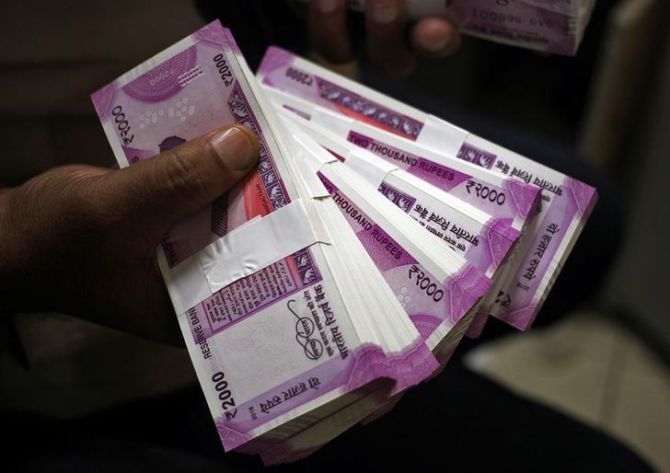A fundraising boom in the domestic market and tightening of the regulatory framework for overseas issues are responsible for this trend.

This year may go down as one of the rare instances when India Inc did not make a single equity issuance in the overseas market.
A fundraising boom in the domestic market and tightening of the regulatory framework for overseas issues are responsible for this trend.
While domestic fundraising has always been the preferred choice for India Inc, it was usual for listed companies to issue equities overseas by American or global depository receipts, known as ADRs and GDRs.
Also, to avail attractive valuations, some domestic companies such as MakeMyTrip and Videocon d2h, have listed overseas by creating foreign holding structures.
Investment bankers said the incentive for overseas fundraising had diminished drastically in the last three years as buoyancy in the Indian capital markets helped companies raise capital from within the country.
“Issuing ADRs or GDRs increases the compliance burden on companies as they also become answerable to foreign regulators.
"On the other hand, the Securities and Exchange Board of India (Sebi) has simplified the process of institutional placement by increasing the cap on the number of investors that can participate and it has also simplified compliance requirements.
"Hence, companies now prefer qualified institutional placement (QIP) over GDRs,” said Sudhir Bassi, partner, Khaitan & Co.
Earlier, GDRs used to be a preferred route for many companies but experts said overseas investors had turned averse following irregularities by some small- and mid-sized Indian companies. Sebi, too, has raised its vigil on equity issues after complaints of money laundering.
The market regulator did not have jurisdiction over GDRs till a Supreme Court judgment in 2015 brought all overseas depository receipts under Sebi’s ambit.
Since then, Sebi has cracked down on GDR issuances by several companies for suspicious trading. This had scared companies, experts said.
More importantly, the primary market boom in India this year has done away with the need for companies to look overseas.
According to Prime Database, equity fundraising this year has climbed to a lifetime high of Rs 1.5 lakh crore, three times that of last year.
Of this, close to Rs 50,000 crore has been raised through initial public offerings (IPOs).
In the past, Indian companies, particularly in the technology sector, used to tap the overseas market in order to fetch better valuations.
Not just liquidity but domestic valuations, too, have become very attractive. The private equity (PE) market has been vibrant as well.
“Right now capital requirements are being taken care of by the buoyancy in the primary market.
"Liquidity is also not an issue for big start-ups as there is enough appetite from PE investors,” said Harish HV, partner, Grant Thornton.
Experts said the change in the regulatory framework had killed the overseas IPO market for Indian companies.
While no Indian entity can list overseas without first listing in India, companies have found a way around this limitation by using overseas holding structures and listing the holding company.
Rediff, Makemytrip, Videocon d2h and Yatra were seen doing that to launch their IPOs in the American markets.
However, with regulations such as the General Anti-Avoidance Rules (GAAR) and taxation of indirect transfers coming into effect, these structures could be perceived to be meant for tax evasion.
“The regulatory framework used to be much easier if a firm wanted to shift its structure overseas.
"However, with the advent of rules like GAAR it is impossible to create such structures without tax leakages,” said Amit Singhania, partner, Shardul Amarchand Mangaldas.
Photograph: Mukesh Gupta/Reuters












 © 2025
© 2025